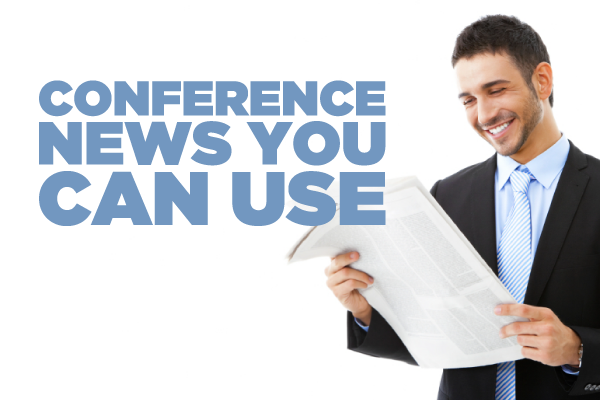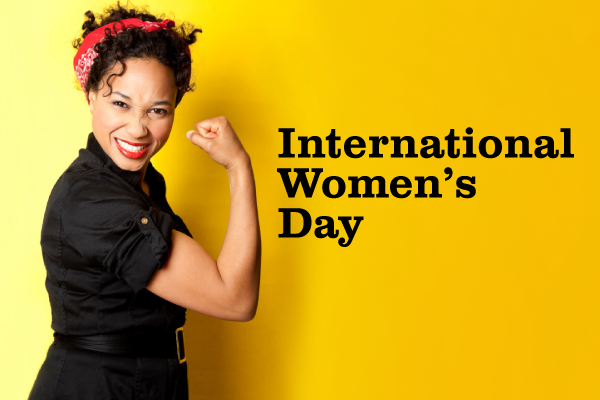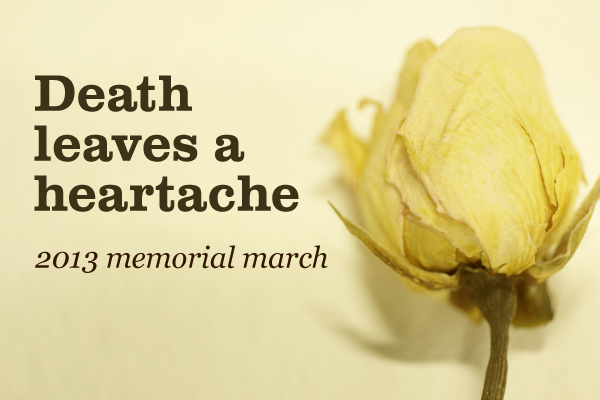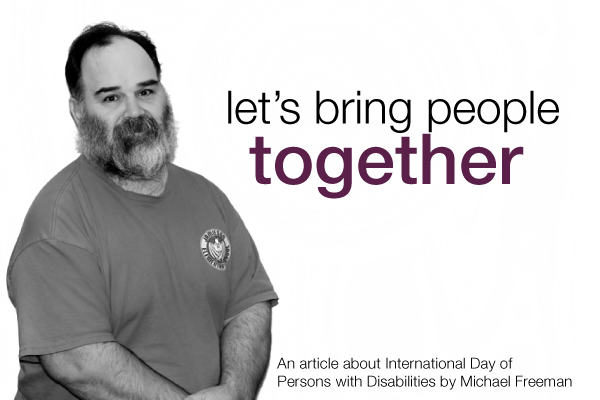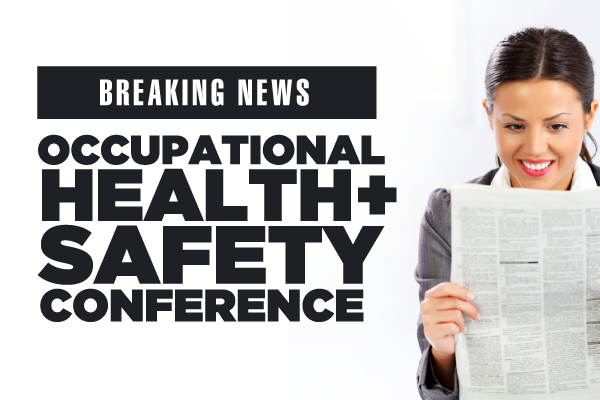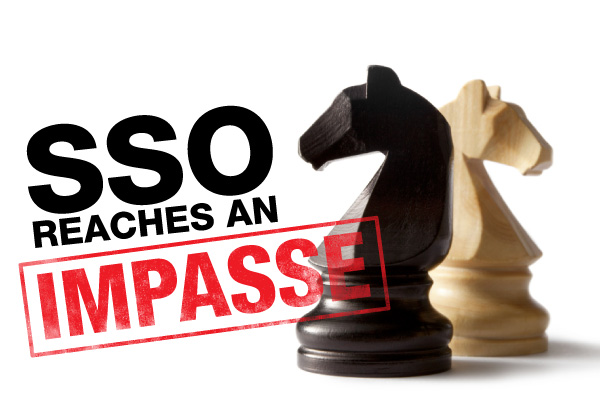
It’s been called citizen journalism, participatory journalism, guerrilla journalism and street journalism. No matter what you want to call it, the end result is more information, more points of view and a democratization of media.
At the UNE, we want to launch our own version of citizen journalism. Let’s call it member journalism.
Unfortunately, we can’t be everywhere. And because we haven’t yet mastered the power of omnipresence, we miss out on some really great stories.
Our members are doing great things from Toronto to Trois Rivières. They’re engaging with their communities in Jasper and Cape Breton. They’re making a difference from Vancouver to Iqaluit.
Geography shouldn’t prevent us from telling these stories. With your help, we can share, connect and inspire.
There are four ways you can get involved:
Write a first-hand account of an event.
Are you going to a rally or a protest? Maybe a really cool union conference? Bring a notebook! We’ll work with you to write a first-hand account of what happened.
Before you go to the event, pitch your story to us at communications@une-sen.org and check out our tips for covering events.
Don’t feel like writing? Be our source!
If you suffer from writer’s block, let us write the story for you. You can be our eyes and ears; we’ll be the ten fingers on the keyboard. We can have a nice chat on the phone during which you can tell us the who/what/when/where/why – and without you even noticing, we’ll capture a few brilliant quotes from you. Nothing brings an article to life like a few brilliant quotes!
Before you go to the event, pitch your story to us at communications@une-sen.org and check out our tips for covering events. If you’re only planning to be our source, focus on the tips regarding what to bring and what to look out for.
Are you a shutterbug? We love photos!
They say a photo is worth a million words. Well, unfortunately, we don’t have time to write a million words, so we sure do love photos! Next time you go to a rally, a protest or a local meeting, don’t forget your camera! (We also accept pictures of your cat or dog decked out in UNE swag!)
Before you hit the shutter, check out our tips for snapping photos.
Share your experience with others.
There are countless days honouring our diversity each year. They’re a great time to talk about our experiences and the challenges we face. You see, we can write about discrimination, but we sometimes can’t truly talk about how it feels to be a victim of discrimination. We can write about mental health, but we sometimes can’t find the words to explain how stigma can isolate a person suffering from depression. Sharing personal stories isn’t always easy, but we know that other members learn a great deal from these stories. Sometimes, it can change them profoundly (for the better!).
If you’d like to inspire other members in this way, pitch your story to us at communications@une-sen.org and check out our tips for writing about personal experiences.
If you have any questions about these many ways to get involved, please contact us at communications@une-sen.org. The important thing to remember is that we want to help you through every step. So before you even write down a word, make sure you get in touch with us!
